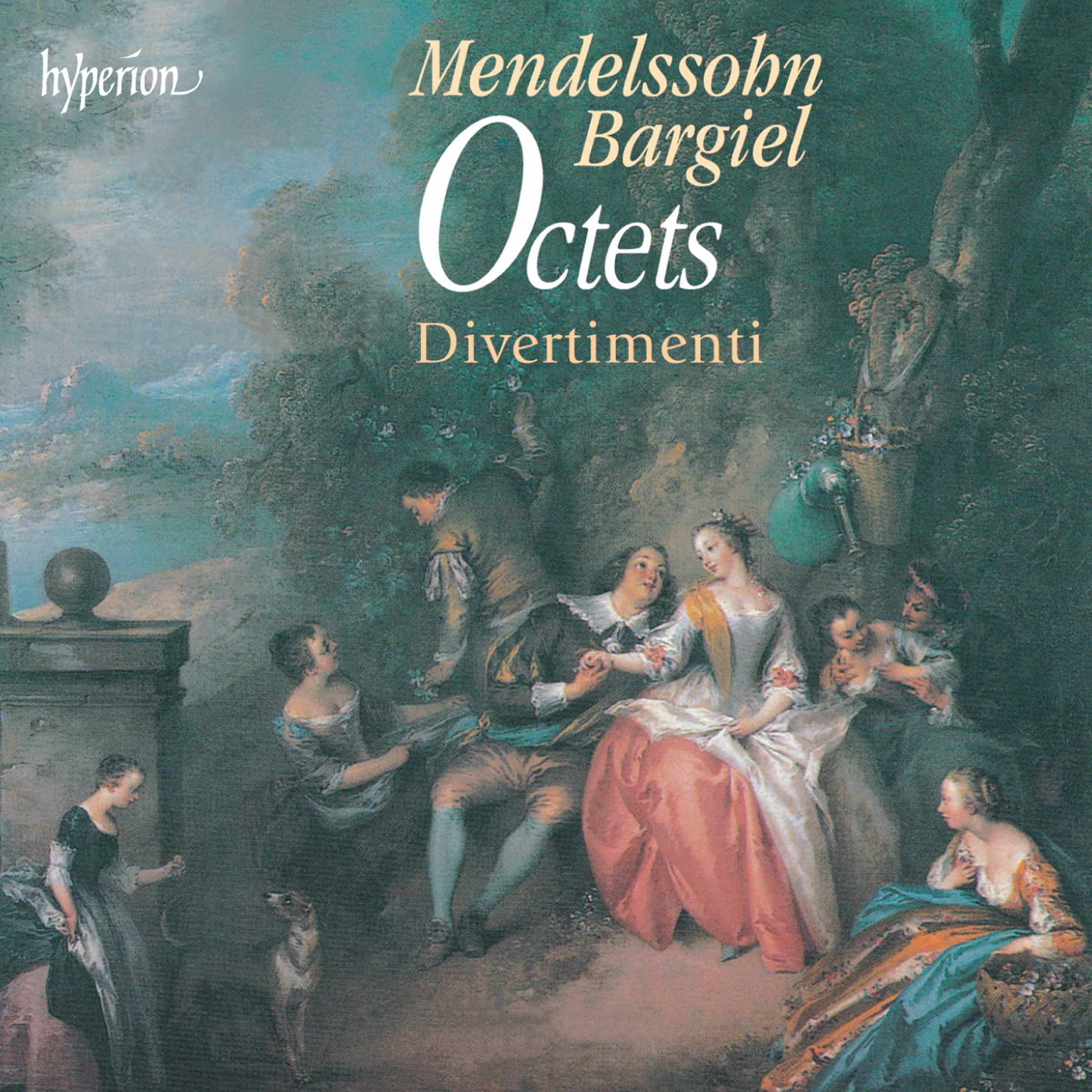Friedrich Wieck abandoned his theological studies in Wittenberg and took a position as a private tutor with Baron von Seckendorf. During this time, he met the piano teacher Adolf Bargiel, which inspired him to dedicate himself to composing. After marrying Marianne Tromlitz, their daughter Clara was born in September 1891. Wieck soon displayed domineering behavior towards Marianne, who subsequently left home with Adolf Bargiel. Following a custody dispute, Clara was returned to her father's care. Marianne and Bargiel had a son named Woldemar, who devoted himself to music and was taught by renowned musicians. Among other works, he composed a successful string octet, which demonstrated his musical talent. Later, Marianne married Adolf Bargiel, who gained renown through his talent as a composer and music educator. His works were regularly performed and brought him great acclaim. Mendelssohn's Octet was also highly regarded by Bargiel and other musicians and was frequently performed at the Crystal Palace. Mendelssohn dedicated this work to his violin teacher Eduard Rietz and wrote it at a young age, inspired by musical experiences in the family and his own compositional preferences.

